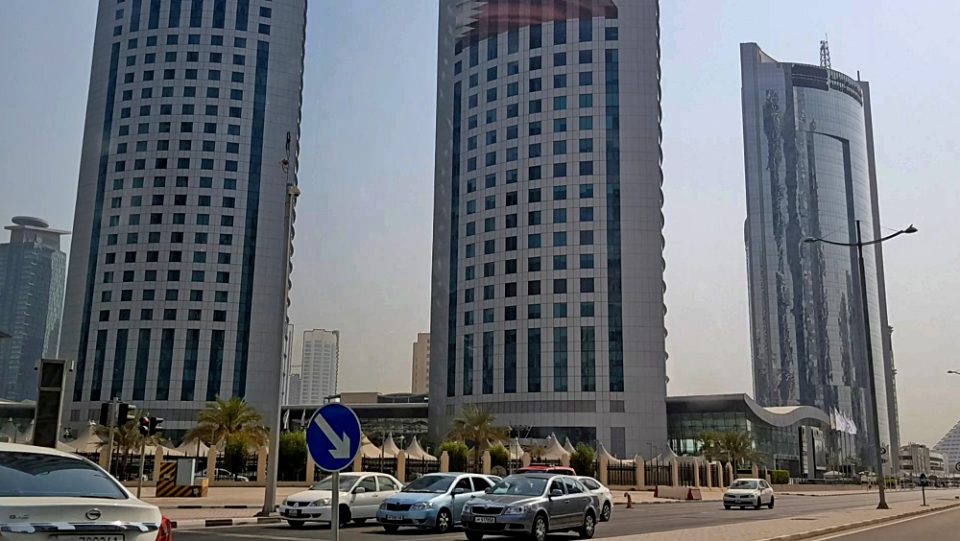
By Vidamar Agrimano
EBC Qatar, Eagle News Service
DOHA, Qatar (Eagle News) — Qatar’s Ministry of Energy and Industry recently announced the country’s major economic zone expansion in a meeting held at the Sheraton Hotel in Doha.
According to H.E. Dr. Mohamed bin Saleh al-Sada, the Minister of Energy and Industry, the expansion is to be accomplished in the first quarter of 2019. During the meeting, the ministry also announced the addition of an area of 825,000 square meters for development to extend Qatar’s small and medium enterprises (SMEs).
At least 45 owners of manufacturing facilities were also honored by Prime Minister and Minister of Interior Sheikh Abdullah bin Nasser bin Khalifa al-Thani at the event for increasing production and promoting ‘Made in Qatar’ initiative since the blockade.
The meeting was also graced by H.E, the Minister of Finance Ali Sherif al Emadi, HE the Minister of Municipality and Environment Mohamed bin Abdullah al-Rumaihi , HE the Minister of Transport and Communications Jassim Seif Ahmed al-Sulaiti, and Qatar Chamber chairman Sheikh Khalifa bin Jassem bin Mohamed al-Thani.
H.E. Dr. Mohamed bin Saleh al-Sada also stated that following the blockade imposed by the United Arab Emirates, Saudi Arabia, Bahrain and Egypt, the government emphasized the importance of increasing private sector output to boost the
economy and ensure self-sufficiency.
Within a year of the blockade, there was an increase of manufacturing facilities from 55 to 98.
To date, Qatar has reached a total number of 812 operating manufacturing facilities. The total area of Qatar’s economic zone will exceed 11 million square meters through the declared expansion.
Qatar has a total population of 2,706,190 as of September 2018. The third largest group of expatriates in Qatar is the Filipinos with a population of 250,000.
In the previous year, OFWs in the country remitted a total of $1.1 billion, which increased by 4.9% compared to the year 2016.






